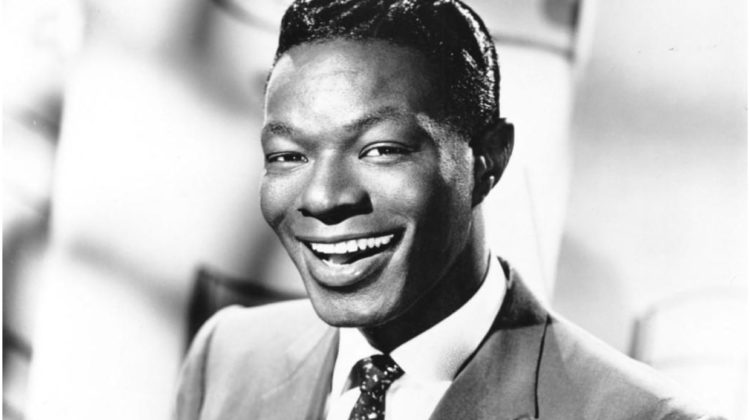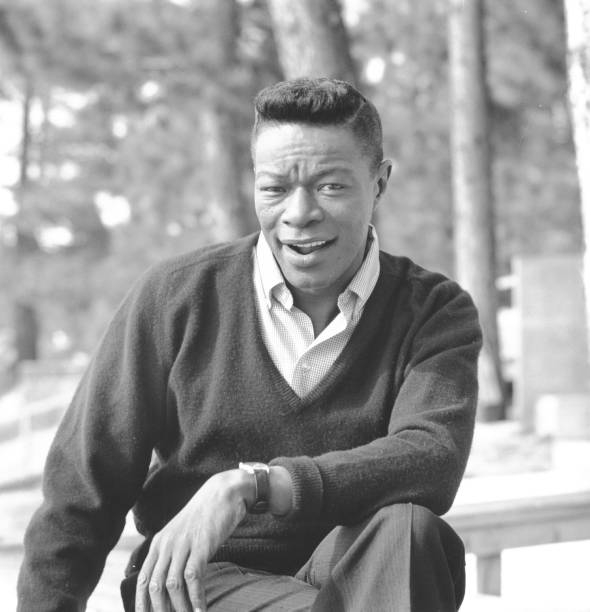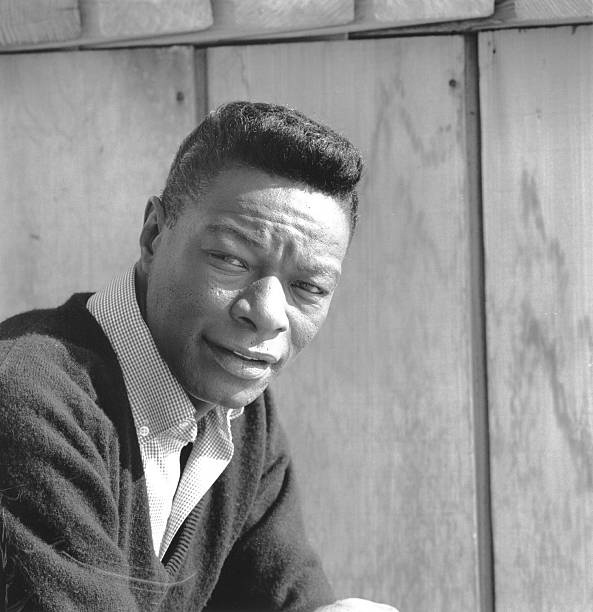
Nat "King" Cole was indeed a royal figure in American popular music during the golden age of jazz.
The classic jazz pianist, composer, and singer had the world at his fingertips from earning notoriety for his smooth, silky voice.
He was also the first African American artist to host his own television program, solidifying his place in the hearts and minds of Americans that cut across racial lines. He was also a staunch civil rights figure and worked alongside other icons of the movement like Martin Luther King, Jr. and Harry Belafonte. He was a king.
That’s why the world seemed to come to a halt when his death was announced in 1965 three weeks after he underwent surgery to remove a collapsed cancerous lung. He was 45.
At the time, not much was known about lung cancer, leaving everyone shocked that the procedure didn’t ultimately save his life. Now, we’ve learned more about the illness and its origin.

Lung Cancer in the Black Community
Lung cancer is a type of cancer that begins in the lungs, which is a spongy organ that receives oxygen and expels poisonous carbon dioxide. It’s widely known that people who smoke have the greatest risk of lung cancer, though it can also occur in people who have never smoked.
The risk of lung cancer increases the more and longer you’ve smoked. If you quit, even after smoking for many years, you can significantly reduce your chances of developing lung cancer.
The American Cancer Society’s (ACS) estimates for lung cancer in the United States for 2021 were:
- About 235,760 new cases of lung cancer (119,100 in men and 116,660 in women)
- About 131,880 deaths from lung cancer (69,410 in men and 62,470 in women)
- Black men are about 15% more likely to develop lung cancer than white men. The rate is about 14% lower in Black women than in white women.
- Black and white women have lower rates than men, but the gap is closing. The lung cancer rate has been dropping among men over the past few decades, but only for about the last decade in women.
- Despite their overall risk of lung cancer being higher, Black men are less likely to develop SCLC than are white men.
Lung cancer mainly occurs in older people, but like in Nat’s case, it can touch younger people depending on their lifestyle. Most people diagnosed with lung cancer are 65 or older; a very small number of people diagnosed are younger than 45. The average age of people when diagnosed is about 70.
In 2020, the ACS reported that lung cancer is by far the leading cause of cancer death among both men and women, making up almost 25% of all cancer deaths. Each year, more people die of lung cancer than of colon, breast, and prostate cancers combined.

What are the symptoms?
Lung cancer doesn’t really show up in a big way early on. Signs and symptoms usually reveal themselves when the cancer grows more in the body.
Signs and symptoms of lung cancer may include:
- A new cough that doesn't go away
- Coughing up blood, even a small amount
- Shortness of breath
- Chest pain
- Hoarseness
- Losing weight without trying
- Bone pain
- Headache
RELATED: 10 Common Factors Increasing Your Risk for Lung Cancer
How can it be avoided?
It’s always advised to try to lead a healthy lifestyle with diet, exercise, and low stress in mind. But the risk of getting lung cancer is significantly cut if you don’t smoke or use any tobacco products.
Additionally, the CDC has reported that the number of new lung cancer cases continues to decrease, partly because people are actively moving away from smoking. Also, the number of deaths from lung cancer continues to drop due to people stopping smoking and advances in early detection and treatment.
BDO’s Black History of Health series is designed to show the correlation between the health of historical black figures and Black Americans today. Many of the health disparities we currently experience have been in our community for centuries. This series is meant to bring these conditions to the forefront and provide blacks with preventative and management steps to reduce these disparities and improve the overall health of the Black American community. It’s time to change the narrative.









